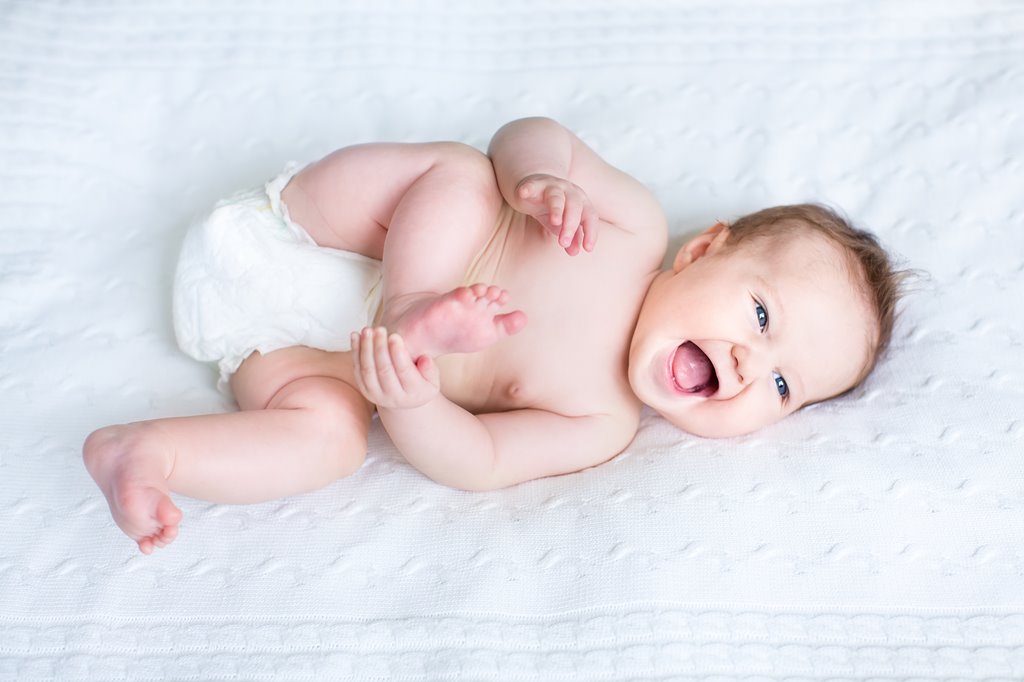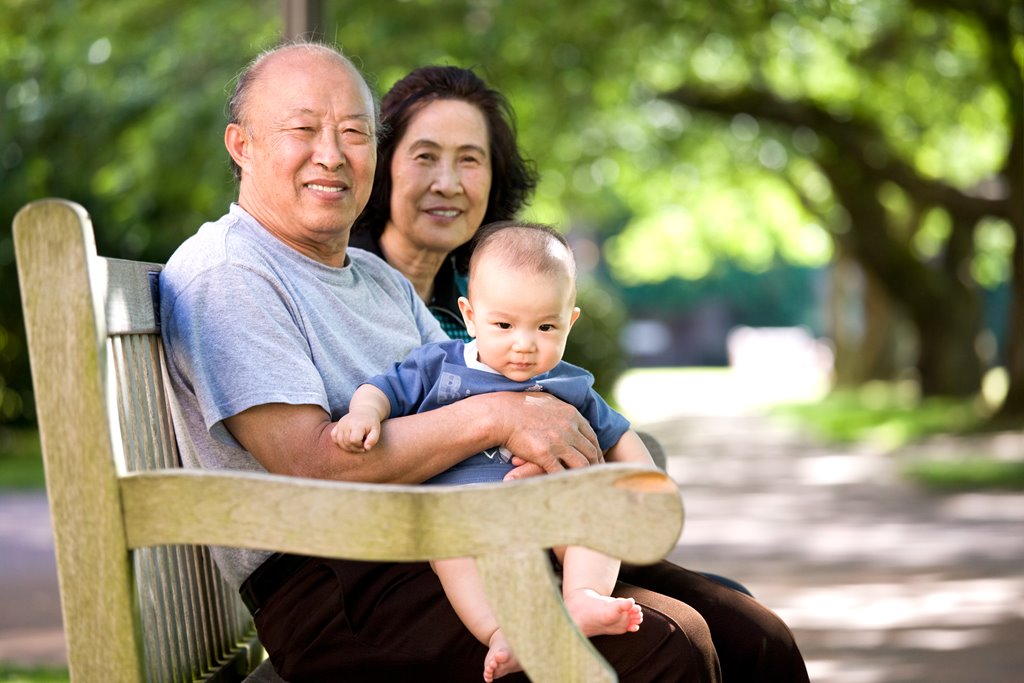Visitors and Your Newborn: What You Should Know
Your bundle of joy has arrived! Family and friends are clamoring to see your baby, and you may be excited to show him or her off! However, you may also feel a certain amount of trepidation about letting people close to your little one, especially in light of the Covid-19 pandemic. What is safe? What isn’t?
It is ideal to wait until after an infant has received the first set of the recommended vaccines. Infants are especially vulnerable to whooping cough, so parents are within their rights to require that visitors have received a recent Tdap vaccine. The vaccines administered at the two-month-old well visit include the Hib, Prevnar, DTaP, IPV, and rotavirus vaccines. If outside visitors will be seeing your baby during flu season, they should be vaccinated against the influenza virus.
 Waiting for two months to see their grandchild could cause many grandparents some hurt and frustration. This time frame also may not be practical for families who will be depending on grandparents’ help in taking care of the baby. However, it could be feasible for other relatives and friends who can wait until your baby has started their vaccination schedule.
Waiting for two months to see their grandchild could cause many grandparents some hurt and frustration. This time frame also may not be practical for families who will be depending on grandparents’ help in taking care of the baby. However, it could be feasible for other relatives and friends who can wait until your baby has started their vaccination schedule.
Covid-19 Concerns
Our current understanding of Covid-19 indicates that healthy infants are not immune to the virus. However, newborn infection with Covid-19 is rare. New parents seem to be at a higher risk of contracting the virus due to time spent in a hospital and out of the home. Due to the fatigue that can be experienced by caring for a newborn, lack of sleep, and stress, they also may have less robust immune systems. If an infant or child does contract the coronavirus, they typically have mild symptoms or experience no symptoms, unlike their parents. For parents, being vaccinated against Covid-19 is recommended.
At an even higher risk are our elderly. Senior citizens are the most likely to face significant complications if they contract COVID-19. This obviously makes planning visits with a new baby challenging. The risk to grandparents is largely dependent on the health of the grandparent, but most will automatically be in the high risk category due simply to age (65 years and older).
If at any time you are concerned that your baby has been exposed to Covid-19, Entirely Kids Pediatrics offers rapid Covid-19 testing in our office. Click here to schedule an appointment or please call 469-425-3600.
Do Your Own Screening
For both health and peace of mind, do your own symptom screening prior to allowing any family or friends to visit with your new baby. It is important to ensure that everyone who plans to visit the baby feels well. Tiny, new humans are vulnerable and even catching a cold can be dangerous for a newborn. It also stands to reason that exhausted new parents do not need to deal with the burden of catching a cold or any other virus while trying to care for their infant. The most important rule you should set for your visitors is that anyone who is ill postpones coming to meet your newborn until they are better.
Hand Hygiene and Masks
It’s very important that all visitors wash their hands thoroughly before holding the baby. It helps greatly reduce the chance that outside germs can end up on the baby’s hands, which frequently end up in their mouth. Encourage visitors to wear a mask during the visit, even if they are feeling well and healthy. The immune systems of newborns have not fully developed. If your visitors wash their hands or use hand sanitizer, in addition to masking, it can help prevent any germs or infections spreading to your little one.
Take It Outside
Covid-19 is contagious up to 48 hours before anyone develops symptoms. Outdoor socially distanced visits (6-10 feet apart) are obviously lower risk for everyone. If all adults wear masks and everyone attending feels well, the risk is even lower. Indoor events involving the sharing of food and passing around the baby bring a much higher risk of illness transmission.
 Depending on what time of the year your baby is born, you may want to stick to visits in your backyard. If you are living in an apartment, consider utilizing the many beautiful, well-equipped parks in the area.
Depending on what time of the year your baby is born, you may want to stick to visits in your backyard. If you are living in an apartment, consider utilizing the many beautiful, well-equipped parks in the area.
Keep Visits Short and Sweet
Most newborns feed every two to three hours, followed by a nap. Visits should not disrupt this routine. For breastfeeding moms, especially those with difficulty pumping, staying on schedule can help them to continue producing adequate milk. In addition, short, frequent visits provide the best opportunity for loved ones to bond with your baby. It’s important to remember that the visits do not have to be long in order to develop a close relationship and lasting bond! If you receive pushback from family, setting a date for the next visit should help reassure them that they will have ample opportunity to love on your little one.
Conclusion
It’s okay to feel a bit neurotic screening friends and family, as well as setting rules and limits. We are living in an unusual time. Most people will understand the concerns of a new parent. It’s a small price to pay for a snuggle with that sweet, squishy baby of yours.
